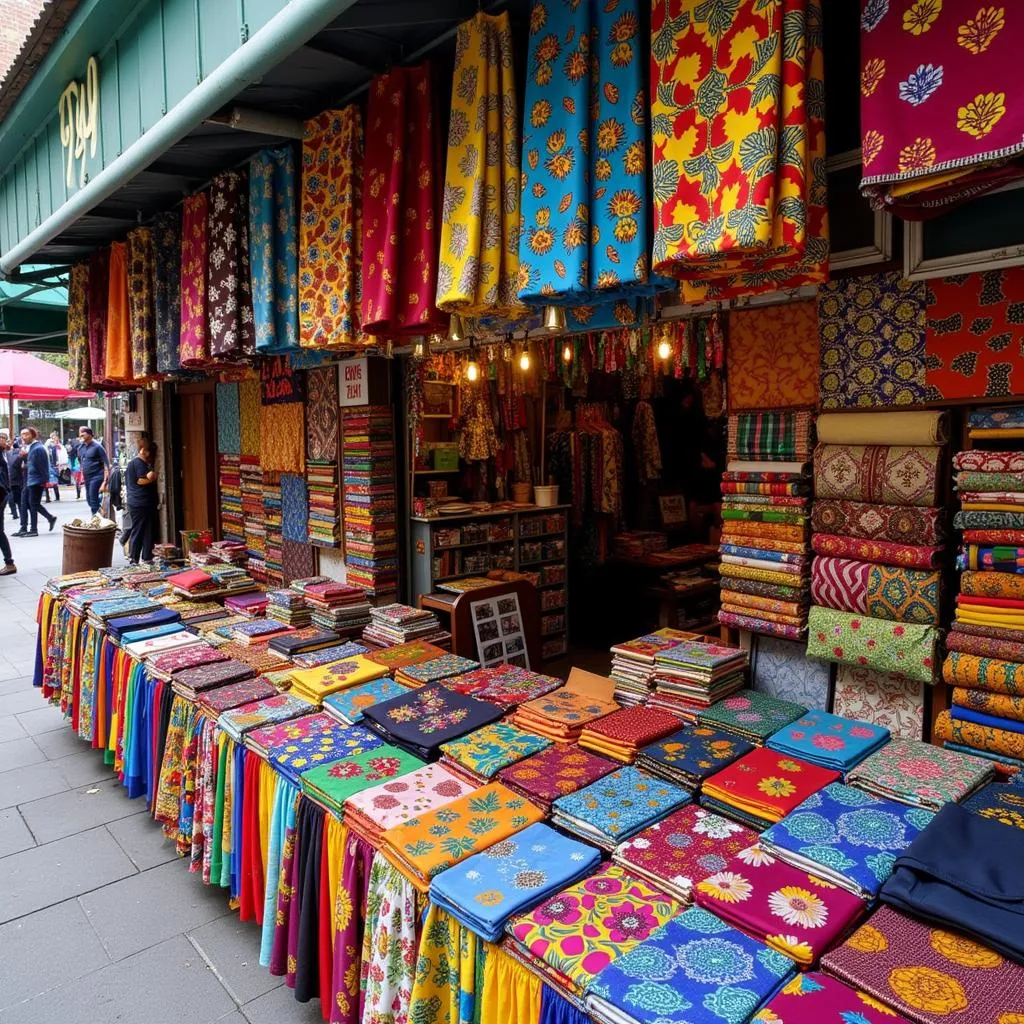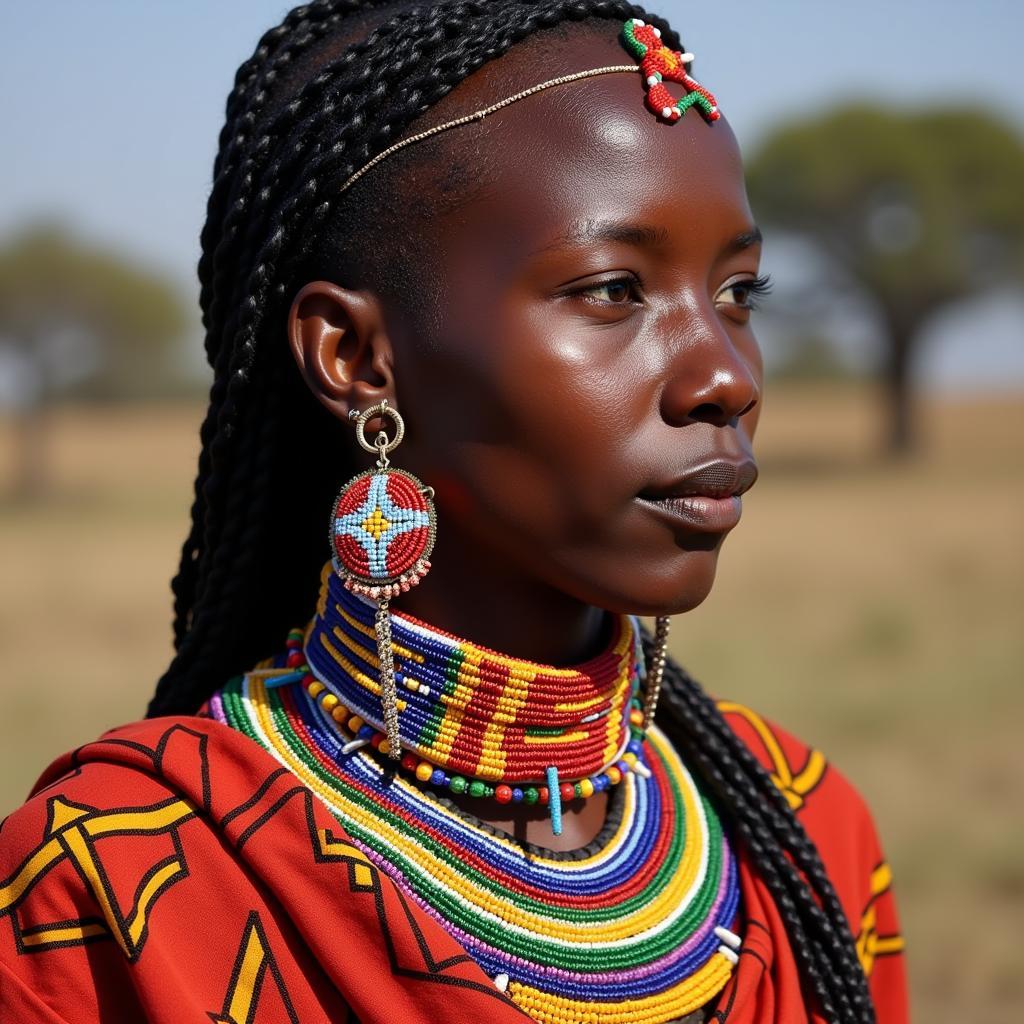Uncovering the Spiritual Legacy of the African American Holy Man
The rich tapestry of African American culture often intertwines with a profound sense of spirituality, a legacy deeply rooted in ancestral traditions brought over during the transatlantic slave trade. At the heart of this spiritual landscape stands the figure of the African American holy man, a revered individual embodying wisdom, healing, and a direct connection to the divine. This exploration delves into the historical context, cultural significance, and enduring legacy of these spiritual leaders within the African American community.
From African Shores to American Soil: Tracing the Roots
The story of the African American holy man begins in the heart of Africa, where spiritual practices were deeply embedded in daily life. Various African cultures held onto the belief in healers, diviners, and spiritual intermediaries who possessed a unique ability to communicate with the ancestors and the spirit world. These individuals, often revered as elders or spiritual guides, played a crucial role in maintaining balance and harmony within their communities.
With the horrors of the transatlantic slave trade, millions of Africans were forcibly displaced from their homelands and brought to the Americas. Despite the brutal conditions of slavery, they carried their spiritual beliefs and practices across the ocean, these traditions serving as a source of solace, resistance, and hope in the face of unimaginable adversity.
In the Americas, these spiritual practices adapted and evolved within the context of slavery and oppression. Secret gatherings for prayer and worship, often incorporating elements of Christianity with traditional African beliefs, became a cornerstone of resistance and community building.
The Rise of the African American Holy Man: A Beacon of Hope and Resilience
Within this environment of resilience and cultural adaptation, the African American holy man emerged as a pivotal figure. These individuals, often self-taught and deeply connected to their ancestral spiritual heritage, became beacons of hope and guidance for a community grappling with the brutalities of slavery and its aftermath.
They were healers, dispensing traditional remedies and spiritual guidance to those suffering physical and emotional ailments. They were storytellers, keeping alive the oral traditions and histories that connected African Americans to their ancestral past. And perhaps most importantly, they were spiritual advisors, offering solace, guidance, and a sense of hope in the face of unimaginable hardship.
A Legacy Enduring: The Continued Influence of the African American Holy Man
The legacy of the African American holy man continues to resonate deeply within African American communities today. The image of the spiritual leader, possessing wisdom, resilience, and a profound connection to the divine, has been immortalized in literature, music, and folklore, reflecting their enduring impact on African American culture and identity.
This legacy is also evident in the continued significance of spirituality within the lives of many African Americans. From the passionate fervor of gospel music to the emphasis on community and social justice within many Black churches, the influence of these early spiritual leaders is undeniable.
Understanding the historical context and cultural significance of the African American holy man offers a deeper appreciation for the resilience, spirituality, and rich cultural heritage of African Americans. These individuals, often unsung heroes of their time, played a pivotal role in shaping the cultural and spiritual landscape of a people, their legacy continuing to inspire and empower generations to come.



